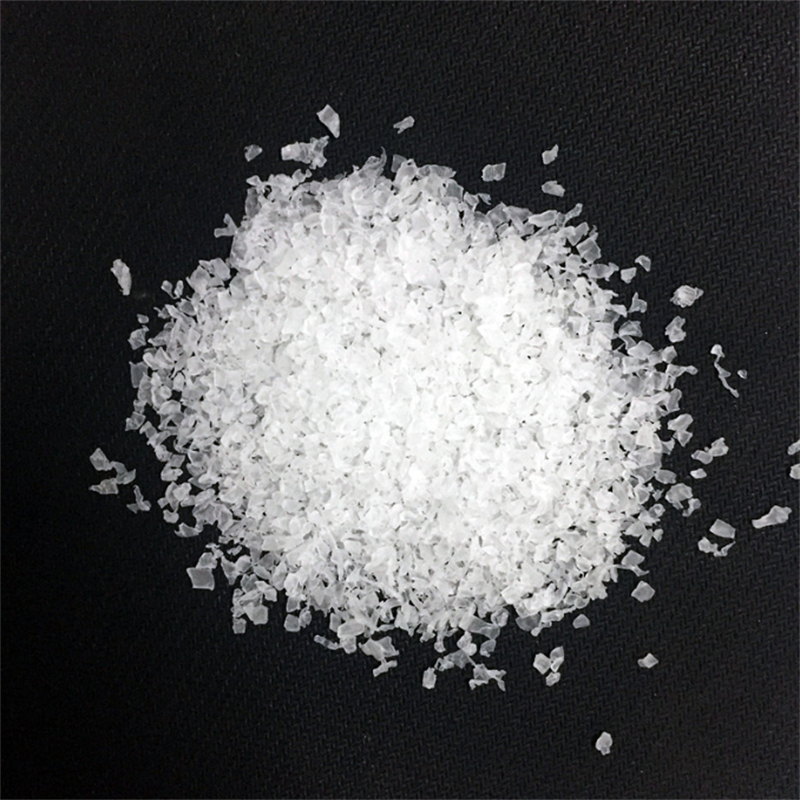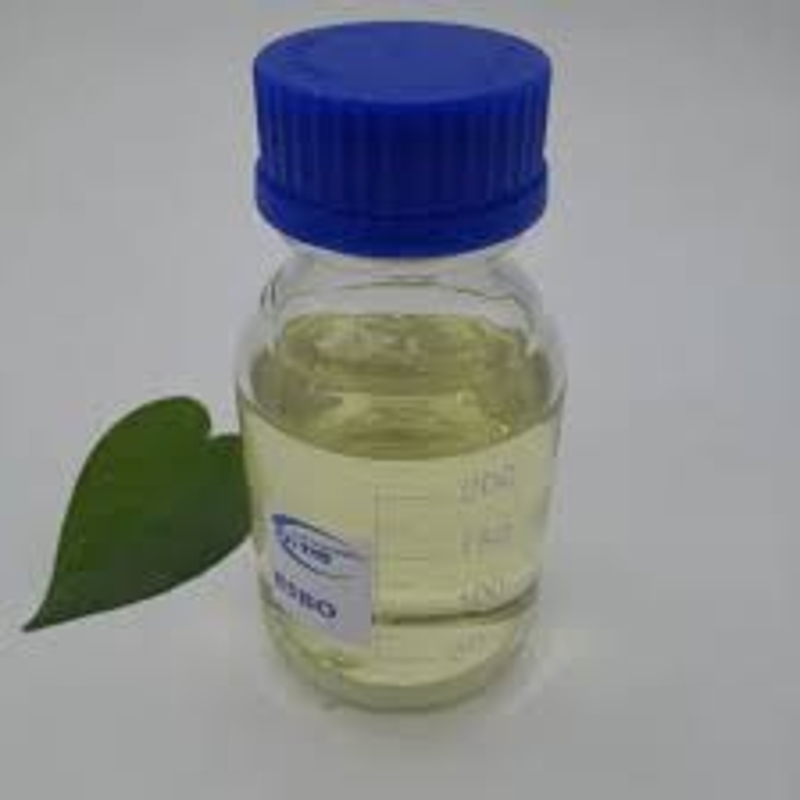-
Categories
-
Pharmaceutical Intermediates
-
Active Pharmaceutical Ingredients
-
Food Additives
- Industrial Coatings
- Agrochemicals
- Dyes and Pigments
- Surfactant
- Flavors and Fragrances
- Chemical Reagents
- Catalyst and Auxiliary
- Natural Products
- Inorganic Chemistry
-
Organic Chemistry
-
Biochemical Engineering
- Analytical Chemistry
- Cosmetic Ingredient
-
Pharmaceutical Intermediates
Promotion
ECHEMI Mall
Wholesale
Weekly Price
Exhibition
News
-
Trade Service
On July 24, the reporter learned from the Dalian Institute of Chemical Physics of the Chinese Academy of Sciences that the team of researcher Zhou Yongjin of the Institute has made new breakthroughs in the research direction of methanol biotransformation
.
Using methanol yeast as a cell catalyst, the research team realized the efficient synthesis of fatty acid derivatives from methanol biotransformation by combining adaptive evolution and rational metabolic engineering, providing new ideas for methanol biotransformation and high-value carbon dioxide conversion applications
.
Methanol is an ideal renewable feedstock with high energy density and wide sources
.
Fatty acid derivatives are a class of natural renewable resources with low oxygen content, high energy density and rich in hydrocarbons.
They are the basic raw materials for the production of liquid biofuels, oleochemicals, food and materials
.
The production of traditional animal and vegetable oils and fats is limited, and it is difficult to meet the growing demand.
It is urgent to develop new technologies for oil production
.
Methanol biotransformation can establish a fatty acid supply route that does not depend on cultivated land, but it is difficult to achieve efficient directional conversion due to the complex methanol metabolism in microbial cells
.
Zhou Yongjin introduced that the research team had previously found that the engineered strain could not grow in methanol during the process of transforming Hansenula yeast to synthesize fatty acids
.
Subsequently, the research team carried out laboratory adaptation of the strains, and the obtained strains could grow normally in methanol and produce fatty acids with high efficiency
.
The identification of multi-omics technology found that the two key genes LPL1 and IZH3 of the double knockout strain can significantly relieve the pressure of methanol metabolism
.
Lipidomics analysis found that the synthesis of phospholipids in fatty acid-producing strains was blocked, affecting the integrity of peroxisomal membranes, leading to the leakage of formaldehyde, a key toxic intermediate, and causing cell necrosis
.
Based on the above findings, under the guidance of transcriptomics, the research team rearranged the global metabolism in cells, strengthened the supply of precursor acetyl-CoA and cofactor NADPH, and enabled Hansenula to synthesize fatty acids using methanol as the sole carbon source, yielding is 15.
9 grams per liter
.
The research team found a similar phenomenon in Pichia pastoris
.
In the process of methanol metabolism in Pichia pastoris, the accumulation of formaldehyde also affects the methanol biotransformation efficiency
.
By optimizing the central cell metabolism and cofactor regeneration process, and strengthening the methanol metabolism pathway, they greatly reduced the accumulation of formaldehyde and increased the production of fatty acids, reaching 23.
4 g/L
.
The research team also adopted the strategy of metabolic switching to rapidly transform the fatty acid-producing strain into a fatty alcohol cell factory, simplifying the strain construction process and achieving a fatty alcohol production of 2.
0 g/L
.
The above research work has been published in "Nature - Metabolism" and "Proceedings of the National Academy of Sciences"
.
Professor Eun-Yeol Lee, a biochemical scholar at Kyung Hee University in South Korea, believes that this research has strengthened methanol tolerance and realized the efficient conversion of methanol to synthesize fatty acids, which will provide a potential supply route for future oleochemical and biofuel supply
.
Tan Tianwei, academician of the Chinese Academy of Engineering and president of Beijing University of Chemical Technology, pointed out that the conversion of methanol into fatty acid derivatives in this research is a "bridge and link" to promote the conversion and utilization of carbon dioxide
.
Yuan Yingjin, academician of the Chinese Academy of Sciences and vice-president of Tianjin University, pointed out that the study expands the spectrum of biorefinery substrates from traditional sugar raw materials to renewable raw material methanol, which is a successful application of synthetic biology enabling technology
.







